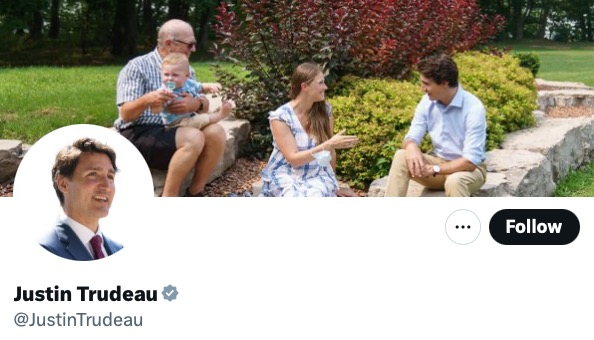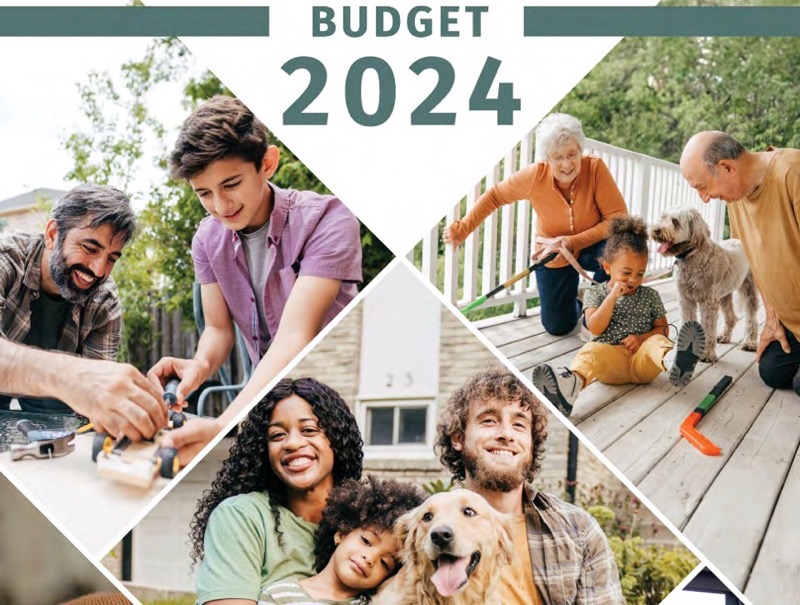
Rogers-Shaw Merger Decision ‘Shut the Public Out of Discussions,’ Says Expert

As the Competition Bureau marches towards appealing the Competition Tribunal’s dismissal of its petition to block Rogers’ proposed $26 billion takeover of Shaw Communications, some experts have said the final decision might be a political one (via the National Post).
As things stand, the Conservatives remain undecided on whether the Rogers-Shaw deal should go through. Conservative leader Pierre Poilievre said last week that Canada’s telecom sector does not have enough competition and that he has “very serious concerns about more consolidation.”
However, he added that his party would “be looking very carefully at the tribunal’s ruling before pronouncing our final position on this.” The NDP, meanwhile, stands squarely against the proposed merger of Rogers and Shaw.
“There’s definitely a political dimension to this. We’ll see whether and how the Conservatives politicize this decision,” said Vass Bednar, executive director of the Master of Public Policy in Digital Society Program at Ontario’s McMaster University.
The Competition Bureau is appealing last week’s Tribunal decision to dismiss antitrust concerns against the Rogers-Shaw union and is set to take its case to the Federal Court of Appeal on January 24. Canada’s Commissioner of Competition has also managed to temporarily suspend the Tribunal’s approval of the deal, pending a ruling on his application for a stay and an injunction.
If the Bureau loses its appeal, Rogers and Shaw will only require approval from Industry Minister François-Philippe Champagne for the transfer of Shaw-owned Freedom Mobile’s wireless licences to Quebecor’s Vidéotron in a side sale that’s part of the merger.
Canadian Anti-Monopoly Project co-founder Keldon Bester said that compared to the Bureau, Champagne has more leeway to block the merger.
“Unlike the Competition Bureau, the minister can make a pretty broad public interest argument,” he said. Champagne can “really use what criteria he sees fit and then ultimately put it under a public interest, competition and affordability lens.”
Minister Champagne last week reiterated his objective of “promotion competition” and said he will render a separate decision on the deal once “there is clarity on the ongoing legal process.”
However, Champagne in October made clear his intentions to approve the transfer of wireless licences provided Quebecor agrees to certain conditions, including holding on to Freedom’s wireless spectrum licences for at least 10 years and lowering wireless prices in Ontario, British Columbia, and Alberta to Quebec levels.
Bester added that if he doesn’t block the deal, Minister Champagne has the opportunity to make it “deliver benefits to Canadians.” What’s more, Conservatives could, at the very least, hold Champagne accountable for enforcing the conditions he tacks on to the deal.
Bester went on to note that the public has been cut out of the Rogers-Shaw proceedings at every turn. Ultimately, Canadians have not gotten much of a say in the process. “That’s an important missing piece,” said Bester. “We really shut the public out of these discussions.”
Even the federal Tribunal hearings on the Rogers-Shaw merger lacked transparency, with a good chunk of them being conducted in confidential sessions away from the public eye.
OpenMedia, a consumer advocacy organization, delivered signatures from over 83,000 Canadians opposing the Rogers-Shaw deal to the federal government, but to no avail as of yet. “Today was the last nail in the coffin of telecom affordability in a dismal 2022,” OpenMedia Campaigns Director Matt Hatfield said after the Tribunal released its decision.

